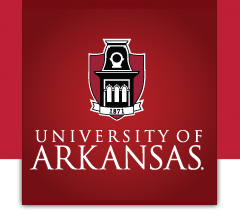Abstract
Arkansas is one of many states in this country that is experiencing an education funding crisis. Despite the fact that states have started taking more responsibility for the funding of their public schools since the mid-1950s, litigation over education funding has occurred in almost every state in the United States. Litigation in Arkansas began in the 1980s and continues today with the Lake View case. Several alternatives have been proposed to reform the state's education system and its methods of funding, including school consolidation, raising taxes, and adopting an education-supporting lottery. Lotteries have become very popular revenue raising mechanisms in the United States since the 1960s. Supporters of lottery adoption claim that lotteries are significant revenue raisers for new and existing programs and that they are better than increasing taxes. Opponents of lottery adoption contend that lotteries are regressive, implicit taxes and that the revenues from lotteries are fungible and do not increase education funding. Data will be analyzed to determine whether lottery prize payout ratios have increased significantly over time, and whether changes in lottery prize payout ratios have had an impact on the money expended on public education. Based on this information and previous research, a recommendation will be made as to whether adopting an education-supporting lottery would be an effective and adequate way to help fund public education in the state of Arkansas.
Recommended Citation
Parker, Andrea Lee
(2006)
"An Investigation of Changes in Contributions of State Lotteries to Education Over Time,"
Inquiry: The University of Arkansas Undergraduate Research Journal: Vol. 7:
Iss.
1, Article 9.
Available at:
https://scholarworks.uark.edu/inquiry/vol7/iss1/9




